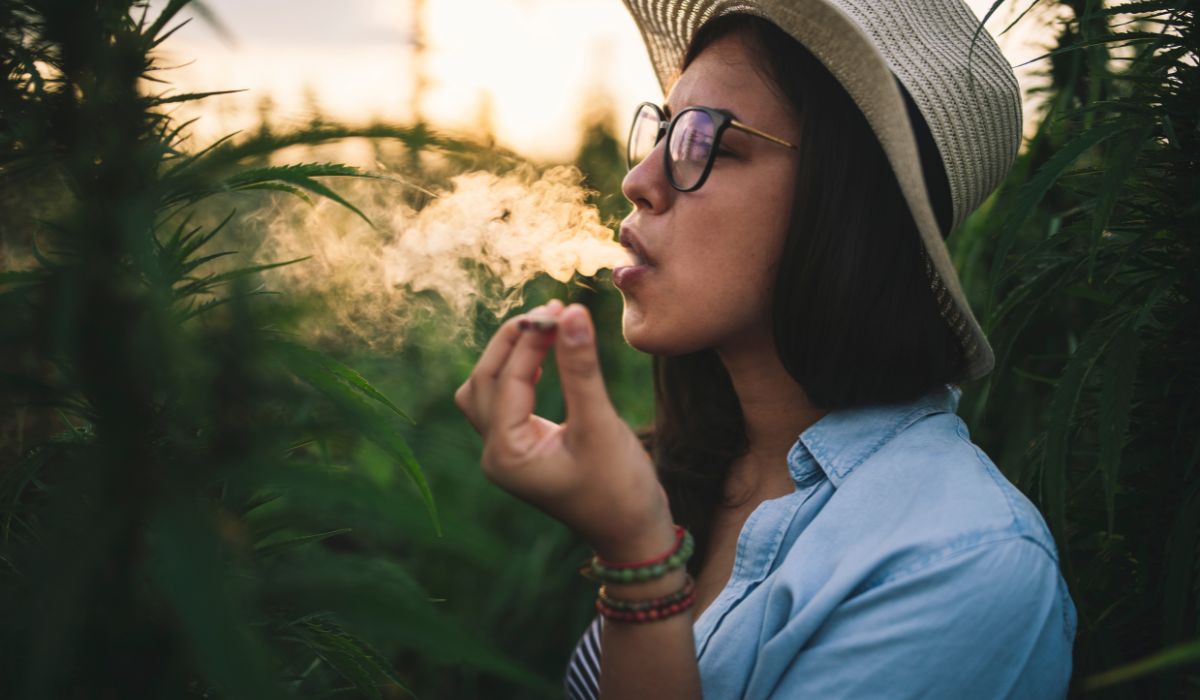
How to Get THCA Flower with FREE Shipping
Finding high-quality THCA flowers can be challenging, but High Pie Hemp Shop makes it easy. If you want premium THCA

Navigating the dynamic realms of cannabis research and legalization unveils a treasure trove of promising compounds. Among these, Tetrahydrocannabinolic Acid (THCA) emerges as a non-psychoactive precursor to Delta-9 THC.
In this post, we unravel the mysteries surrounding THCA – its origins, applications, and legal nuances.
THCA is found in the raw herb. Acting as THC’s precursory sibling, THC-A’s presence is most potent in live plants and fresh, undried cannabis. The transformation from to Delta-9, the psychoactive player, unfolds through decarboxylation, triggered by heat.

THCA’s allure lies not just in its transformative journey but also in its potential health benefits.
From raw cannabis juicing to tinctures and topical formulations, THC-A is finding its way into diverse wellness practices. Early studies hint at its anti-inflammatory, neuroprotective, anti-emetic, and anti-proliferative properties.
Unlike its notorious sibling THC, THCA, in its pure form, doesn’t induce the euphoric high associated with cannabis.
It remains dormant until activated by heat. Once you heat it, it turns into THC.

THCA flower, a versatile companion, can be smoked, vaped, or crafted into edibles. Smoking, vaping, or cooking with Tetrahydrocannabinolic Acid introduces the intoxicating effects of THC.
THC-A and THC flowers come from the same cannabis plant but vary in the form of their cannabinoids.
Tetrahydrocannabinolic Acid is the raw, non-psychoactive precursor, while THC is the activated compound responsible for the euphoric effects when heated.

Crafted into creams, balms, and lotions, most cannabinoids with psychoactive cannabinoids work great as topicals. Remarkably, these topicals don’t induce a psychoactive high.
In the legal world of cannabinoids, Tetrahydrocannabinolic Acid takes center stage as a non-psychoactive precursor of THC.
As regulations evolve, staying attuned to the legal nuances becomes a vital challenge.
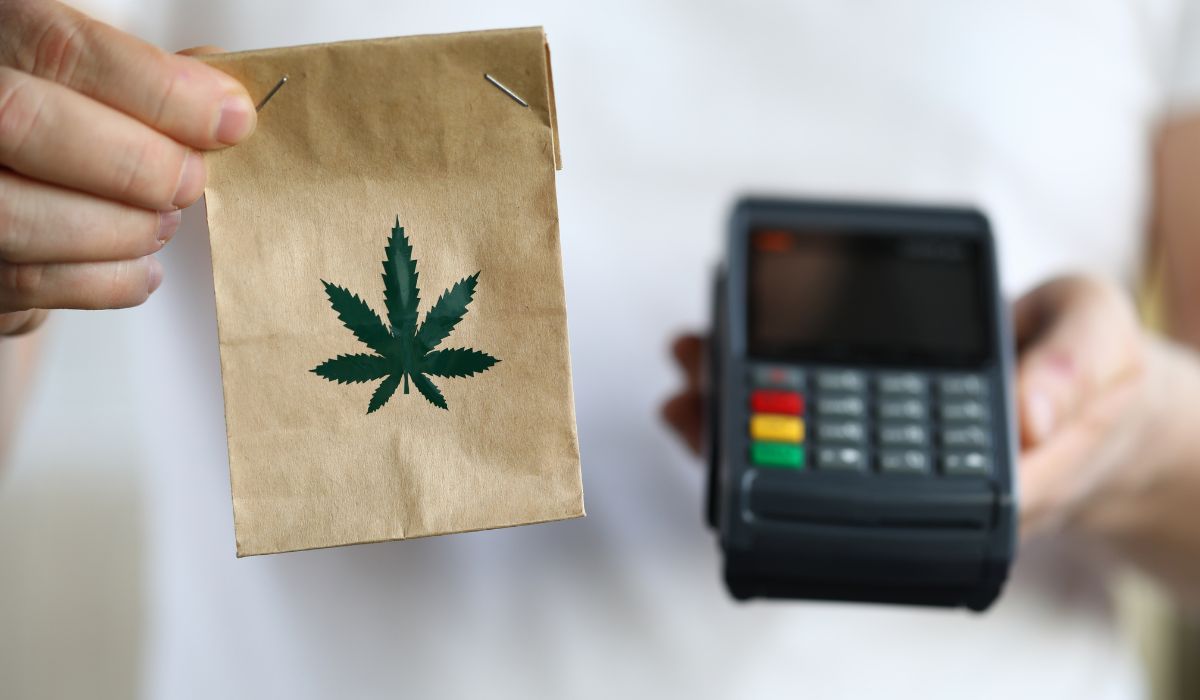
The Evolving Legal Landscape of THCA
As cannabis laws evolve globally, the legal status of THC-A remains a focal point of discussion. Unlike THC, which is explicitly regulated in many regions, THC-A occupies a unique legal area. In the United States, the 2018 Farm Bill legalized hemp-derived products containing less than 0.3% THC, but it did not specifically address THCA.
The Federal Government’s oversight means that THCA can be legally sold and transported until it is decarboxylated into THC. However, laws vary widely by state and country, necessitating a thorough understanding of local regulations to ensure compliance.
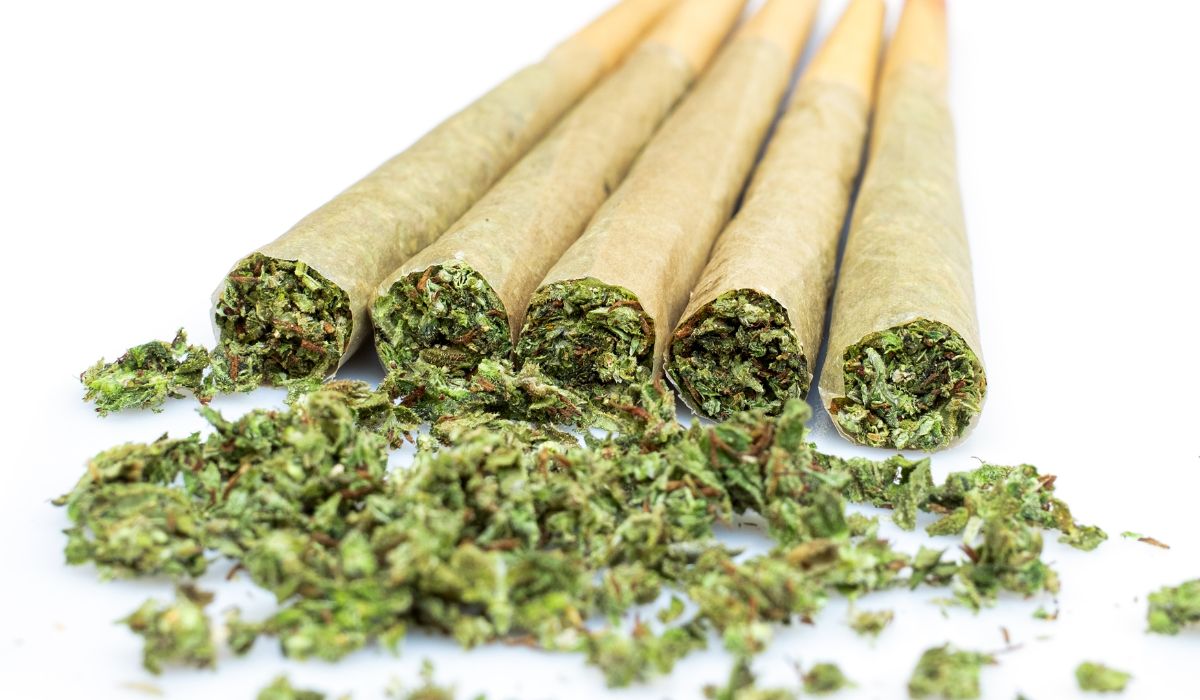
Emerging Research on THCA’s Health Benefits
The scientific community is increasingly interested in the potential health benefits of THCA. Early research suggests that THCA may offer anti-inflammatory, neuroprotective, and anti-emetic properties, making it a promising candidate for treating conditions like arthritis, neurodegenerative diseases, and nausea.
Unlike THC, THCA does not produce a high unless you decarboxylate it, making it an attractive option for patients seeking the therapeutic benefits of pure THCA without psychoactive effects. Continued research and clinical trials are crucial to fully understand THCA’s potential and to integrate it into mainstream medical practice.
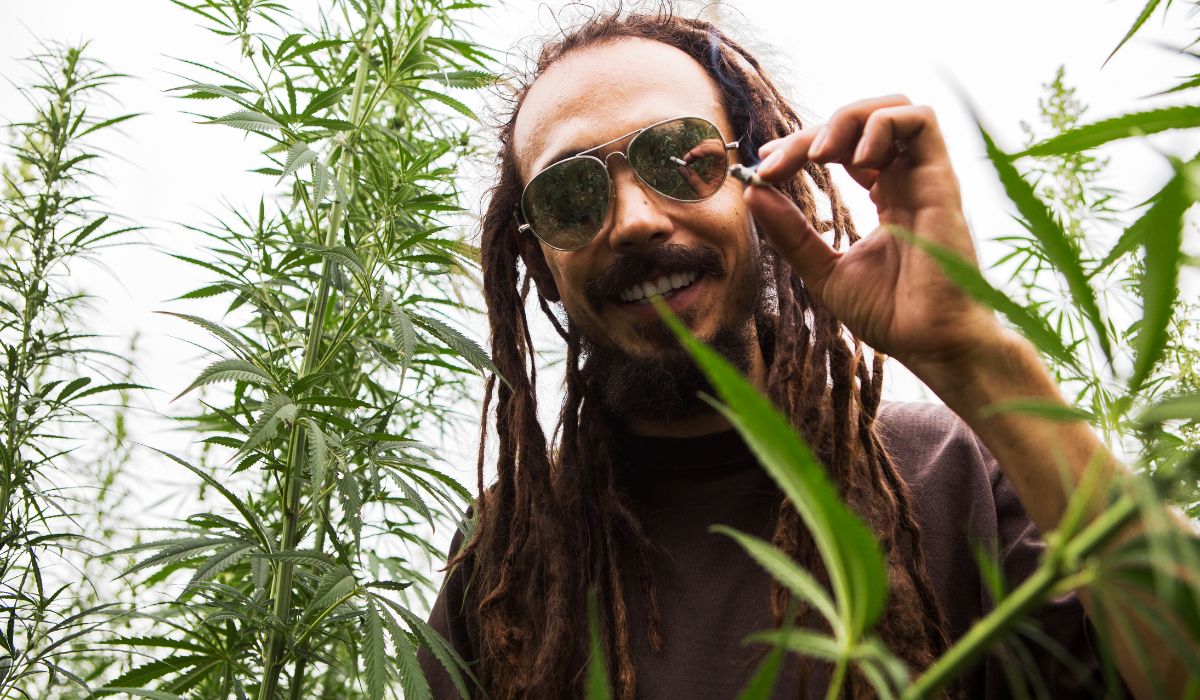
THCA in Modern Wellness Practices
As public awareness of THCA grows, so does its inclusion in modern wellness practices. Enthusiasts are incorporating THCA into their routines through raw cannabis juicing, tinctures, and topical applications.
Old and new methods allow users to reap the benefits of THCA and THCA flower. Additionally, the culinary world is beginning to explore THCA-infused foods and beverages, offering a novel way to enjoy its potential health benefits. As these practices become more popular, it’s essential to educate consumers on proper usage to maximize efficacy and safety.

The Future of THCA in the Cannabis Industry
Looking ahead, the future of THCA in the cannabis industry appears promising. With growing acceptance and legalization of cannabis, the demand for cannabinoids like THCA is expected to rise. This could lead to increased investment in THCA research, product development, and commercial availability.
Entrepreneurs and innovators in the cannabis sector are likely to explore new ways to harness THCA’s benefits, from skincare products to dietary supplements. Staying informed about regulatory changes and scientific advancements will be key for those looking to navigate and thrive in this dynamic industry.

In summary, while THC-A itself is non-psychoactive, its potential for inducing a high arises when it undergoes decarboxylation through heat, converting into THC. This means that THC-A flower, when smoked, vaped, or cooked, will indeed produce psychoactive effects due to this conversion process.
In practical terms, THCA flower is essentially synonymous with traditional “weed.” Consider this: if THC marijuana flower lacked THCA, the existing THC content alone wouldn’t suffice to induce the psychoactive effects you want. This underscores the pivotal role of THCA in the potency of cannabis products.
Understanding the legal nuances surrounding THCA is crucial, especially in regions with varying cannabis legislation.
As the cannabis industry continues to evolve, THCA presents an intriguing area of research and application, offering potential health benefits without the psychoactive effects associated with THC. Its legal status, as a non-psychoactive compound, allows for broader use in areas where cannabis legislation permits.
However, consumers should remain informed about local regulations to ensure compliance with the law.

Finding high-quality THCA flowers can be challenging, but High Pie Hemp Shop makes it easy. If you want premium THCA
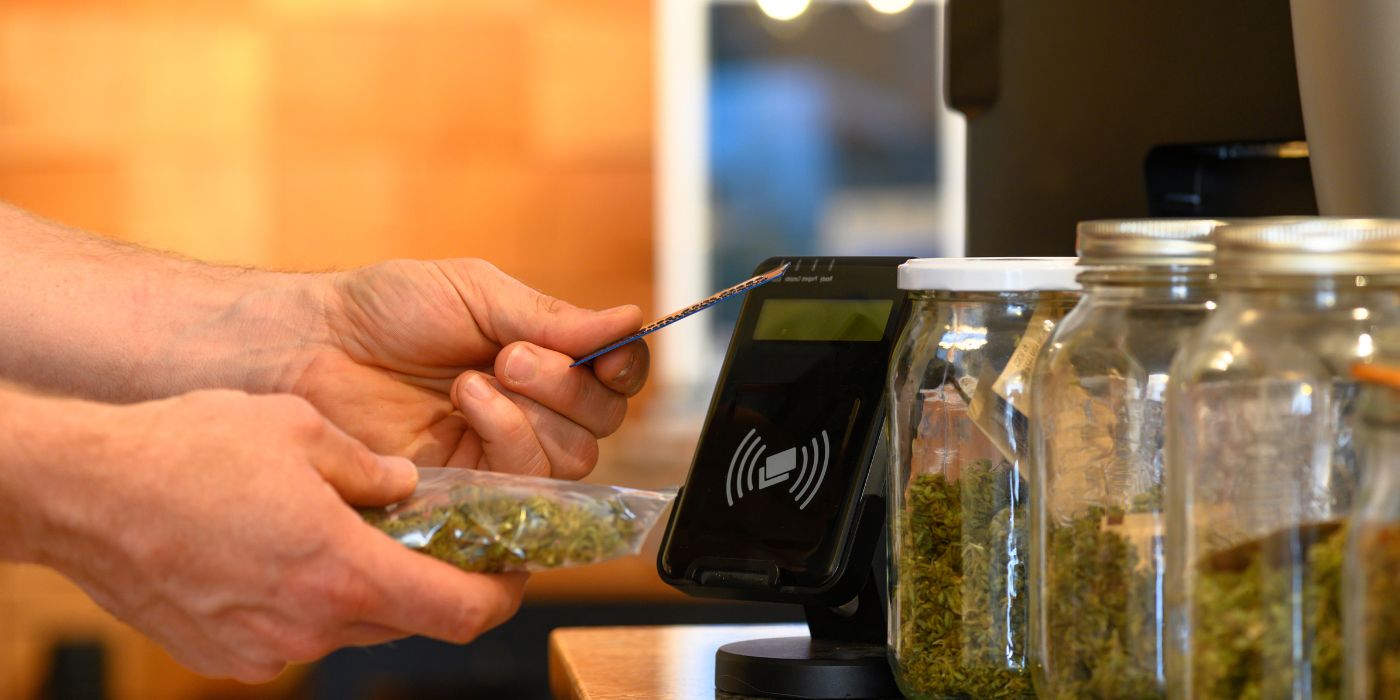
Looking for a “THCA dispensary near me“? Well, look no further! At High Pie Hemp Co., we’ve got you covered.
You need to be 21 or older to use this site. We need to make sure you’re old enough to be here.
To verify you are 21+, enter your email address below and you’ll receive for a discount code for shopping. If you are under 21, please click here to exit.